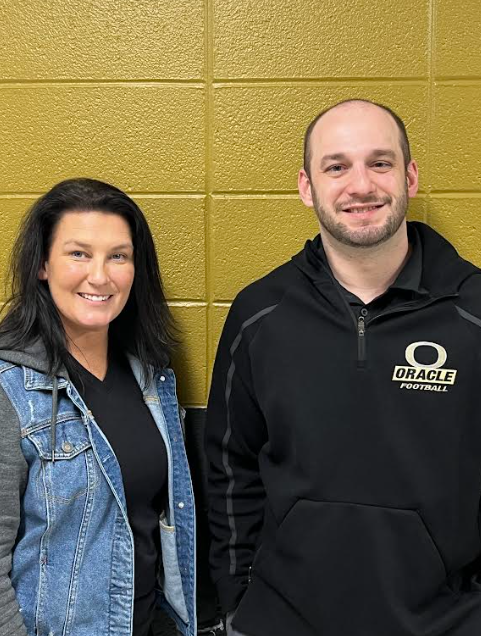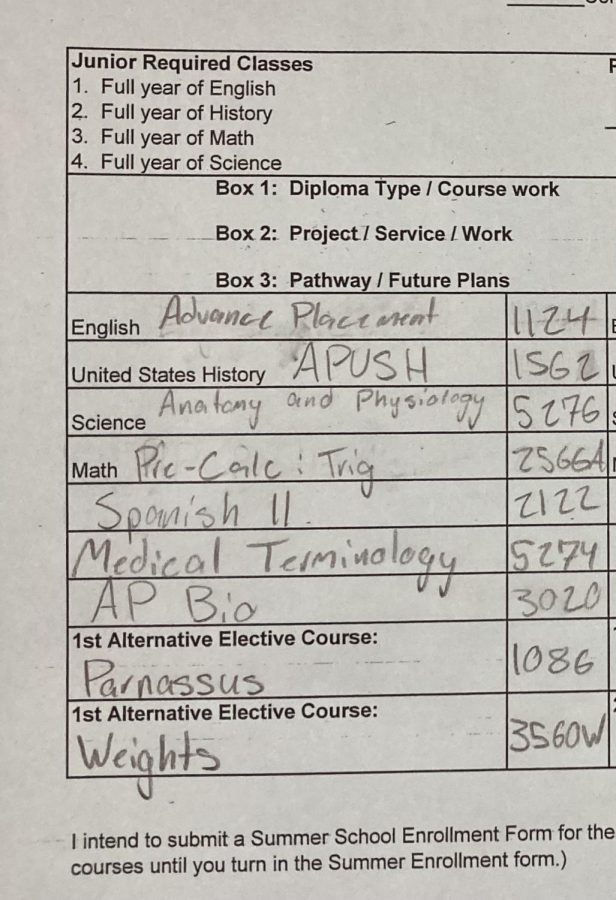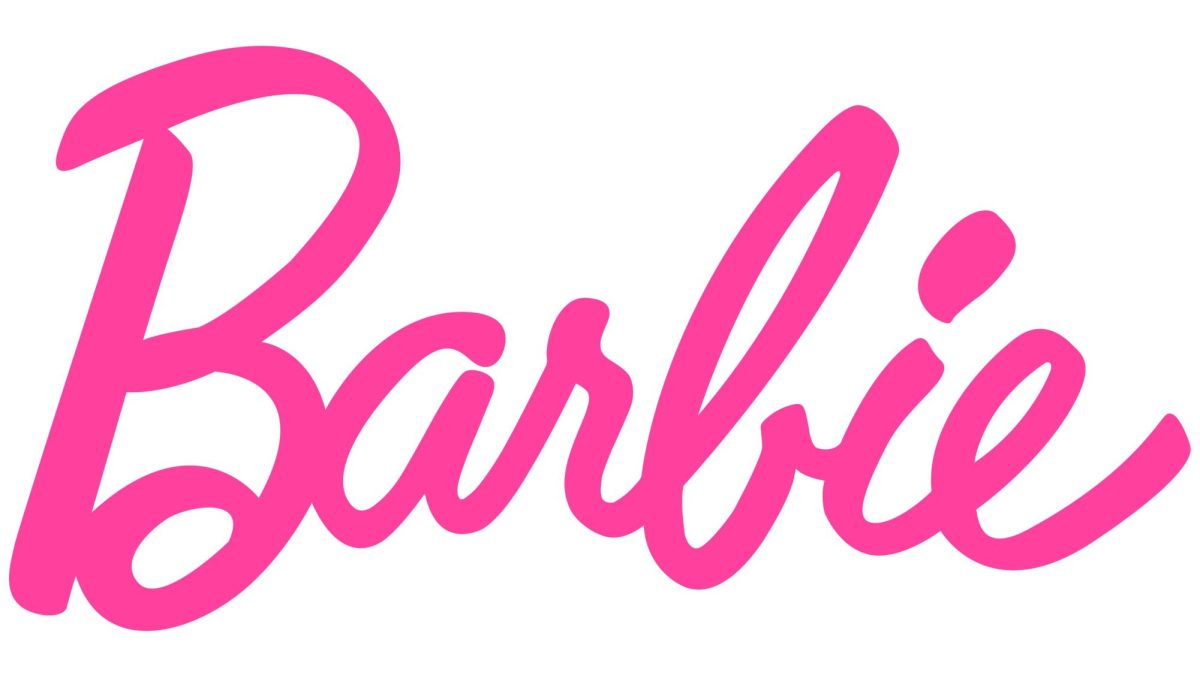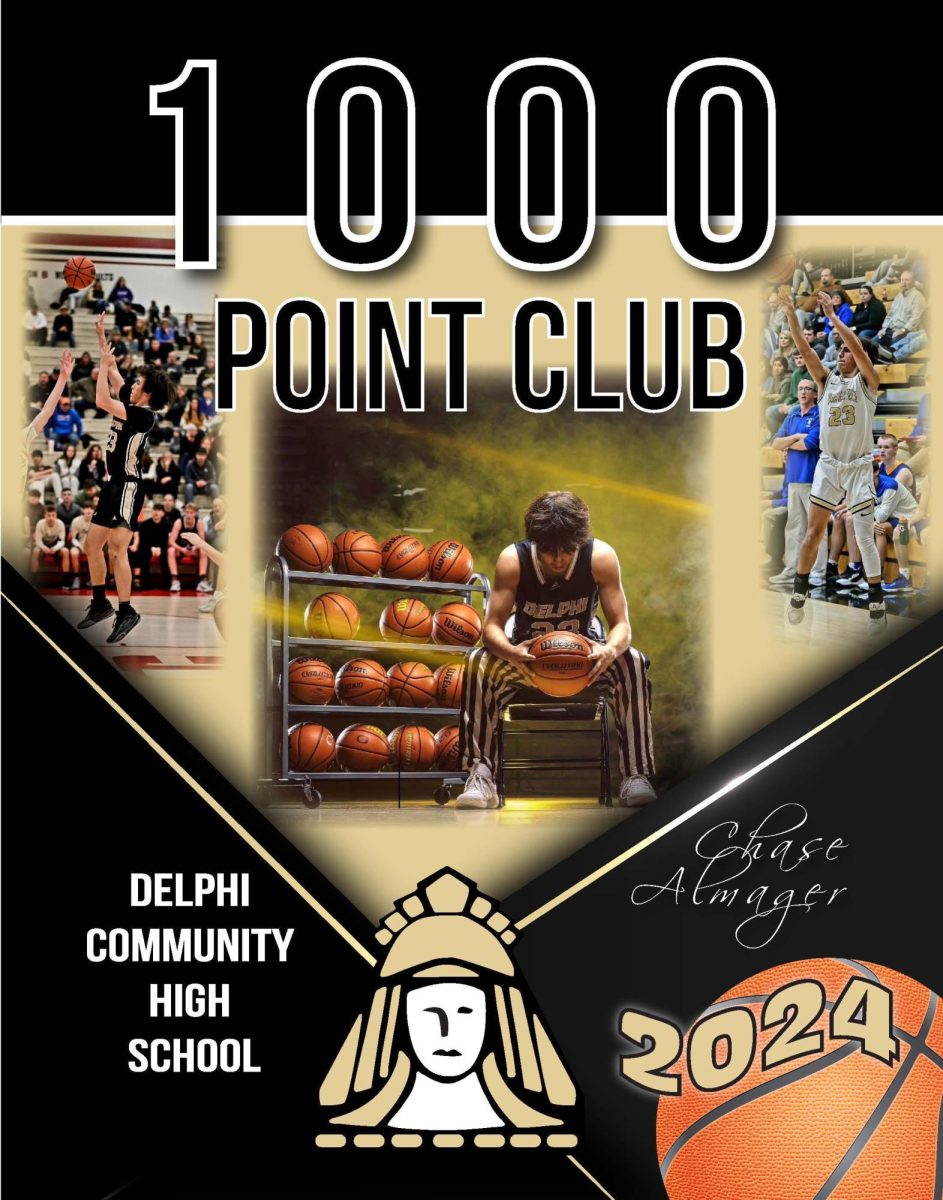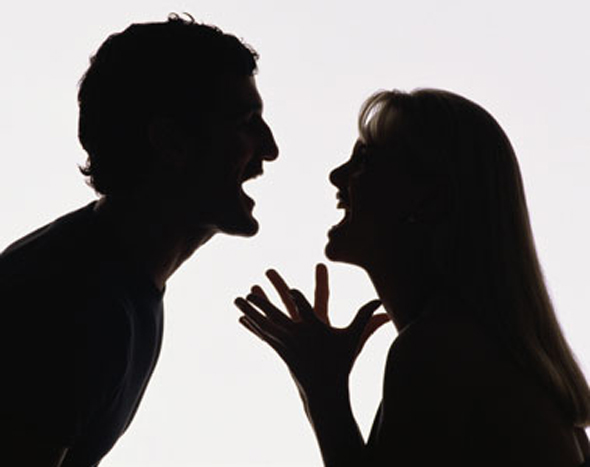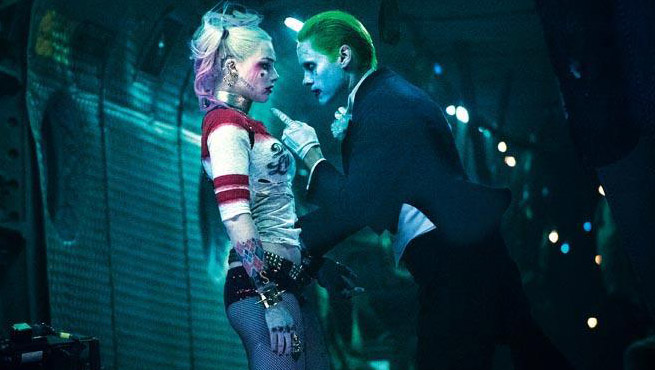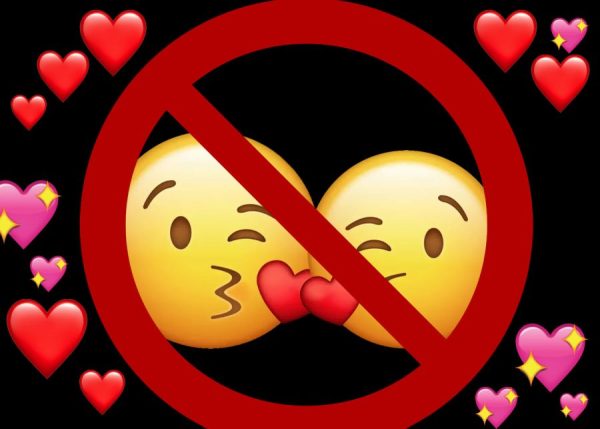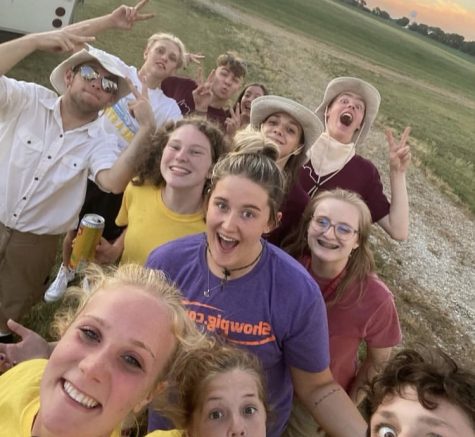Why the Joker and Harley Quinn are not #relationshipgoals
This article contains Suicide Squad spoilers
Chris Brown, Eminem, and the Joker: What do all these people have in common? Well, they’re all abusive people who enjoy hurting people they love. But wait, you say. How is the Joker abusive? He loves Harley Quinn! Well, that’s where you’re wrong, my friend.
With the new Suicide Squad movie that recently came out, there have been many, many posts about “wanting a relationship like Harley and Joker.” To someone who doesn’t know the truth about their relationship, this may seem harmless. However, the relationship between the Joker and Harley is far from perfect.
Harley’s character was originally created in the Batman comics in 1992. Since then, she has been a recurring character. In every media representation of Harley and the Joker’s relationship, such as the comics, the TV show, and the new video game, the abuse in the relationship is extremely apparent.
Suicide Squad is Harley Quinn’s first appearance in a movie.The first Harley and Joker scenes in the movie show Harley as the psychiatrist Harleen Quinzel, tasked with talking to the Joker in Arkham Asylum. Harley is already obsessed with the Joker by this point. The audience gets no insight into the person Harley was before the Joker. According to comics, before the Joker, Harley was a fantastic gymnast. She was was so good that she was even awarded a full ride scholarship to Gotham City University, and, obviously, she was extremely smart. The movie completely ignores Harley’s backstory. In Suicide Squad, Harley is so in love with the Joker that he even talks her into bringing a machine gun in for him. The next scenes show the Joker’s goons shooting up the prison to break him out. The movie also shows the Joker tying down Harley to the electric shock bed and telling her he’s not going to kill her, just hurt her “really, really bad.” That doesn’t sound like a good relationship to me.
The movie later shows Harley and the Joker going to Ace Chemical where he was turned into the Joker. There, he has Harley jump into a vat of acid. As he turns to leave Harley there, we can see his face change as he decides to jump in and save her. This is a completely different reaction than is expected from the Joker.
During the whole Suicide Squad movie, the writers completely romanticize their abusive and unhealthy relationship. A relationship like Harley and Joker is not something to aspire to. The movie only shows part of their relationship. In reality, the Joker constantly abuses Harley both physically, emotionally, and mentally. The whole point of the Joker is that he is obsessed with one thing: killing Batman. He uses Harley as a pawn and hurts her when she gets in his way or does not bend to his will. Almost every interaction between Harley and Joker ends in some form of abuse.
The new Suicide Squad movie seems to sugarcoat Harley and Joker’s abusive relationship. Due to many scene cuts, it’s not obvious how abusive their relationship is. All the scenes with the Joker in them show him trying to get back to Harley after she is taken by Batman. Even though, the only reason Harley was taken by Batman was because the Joker crashed his car and abandoned her to die. The Suicide Squad movie paints the Joker as a kind of crazy guy who only cares about the well being of his “one true love,” Harley. This couldn’t be further from the truth. The Joker only cares about himself and killing Batman.
The point is; Harley and Joker do not have a good relationship. It is nothing to aspire to. The Joker is a psychopath that only cares about himself. Their relationship clearly shows signs of mental, emotional, and physical abuse. The Joker uses Harley’s need for love against her. He tells her he loves her so he can control her. Harley and Joker’s relationship has been romanticized so much that young, impressionable people think that it’s a healthy relationship. That’s not what young people need to see. People need to stop romanticizing abusive relationships. It’s not cute or funny. This is a very real problem and is a misrepresentation of the serious, horrible realities of abusive relationships.

Hannah Alexander is a senior in her third year on the Parnassus staff. Hannah is very involved in marching band, pep band, and symphonic band. She is also...




